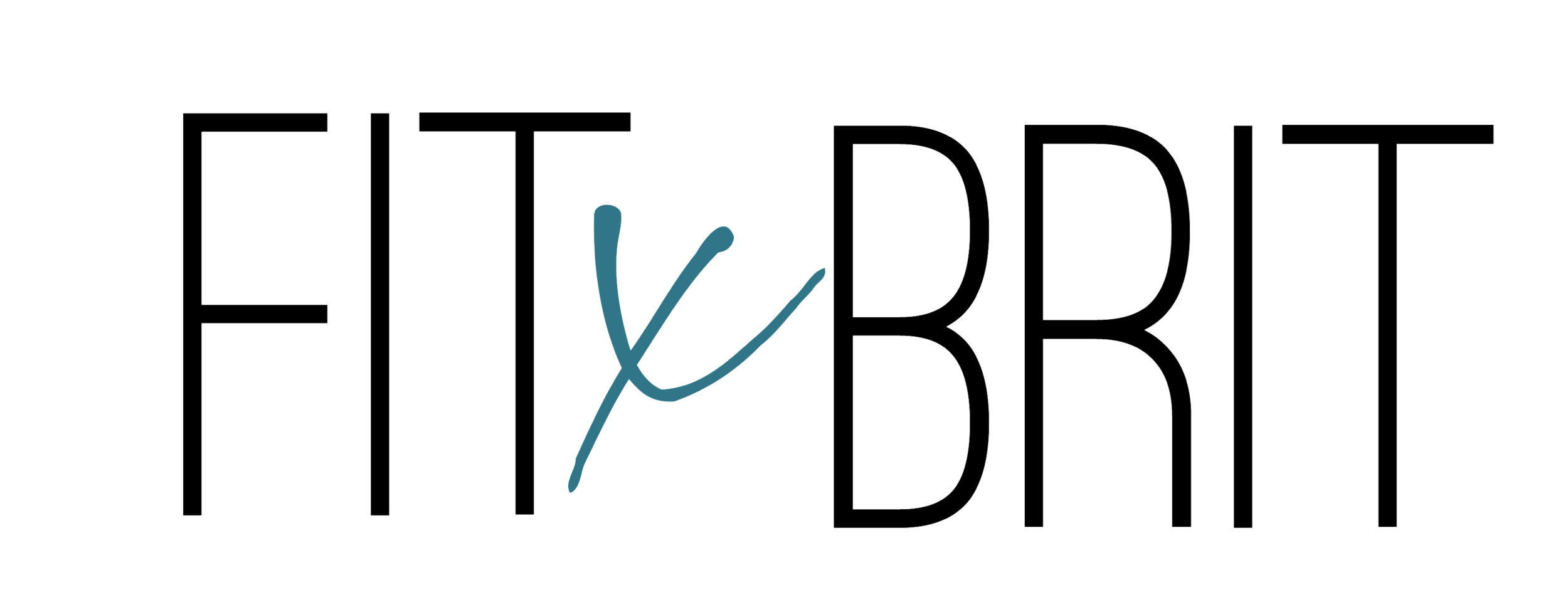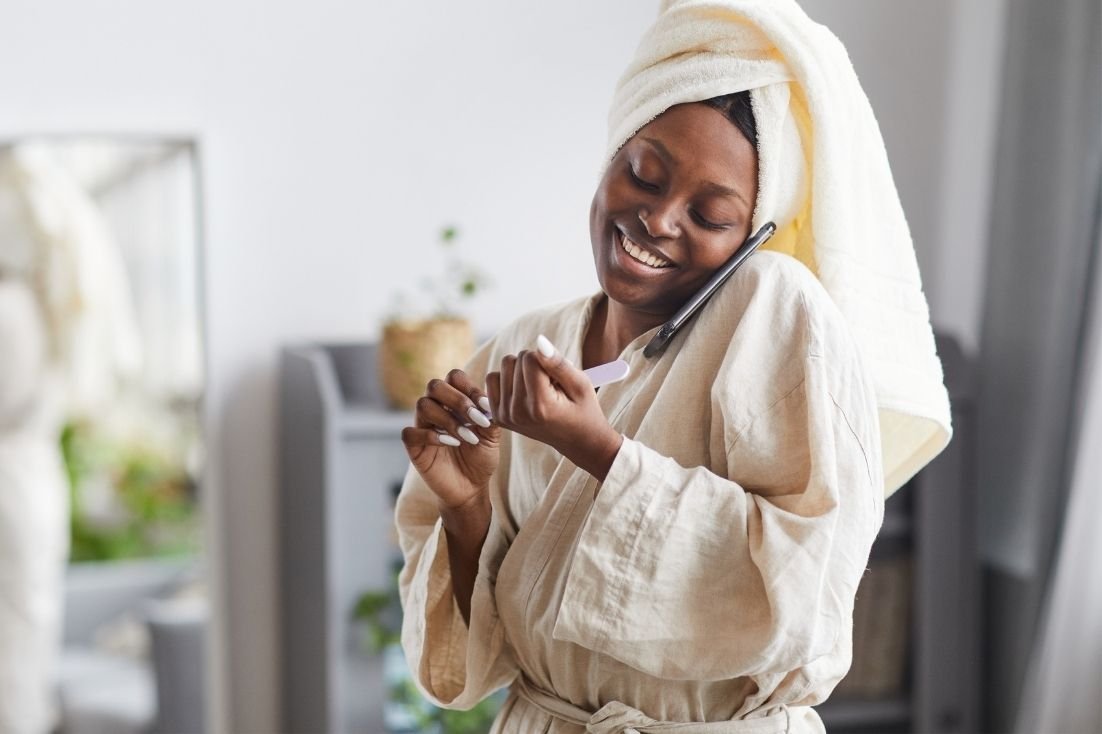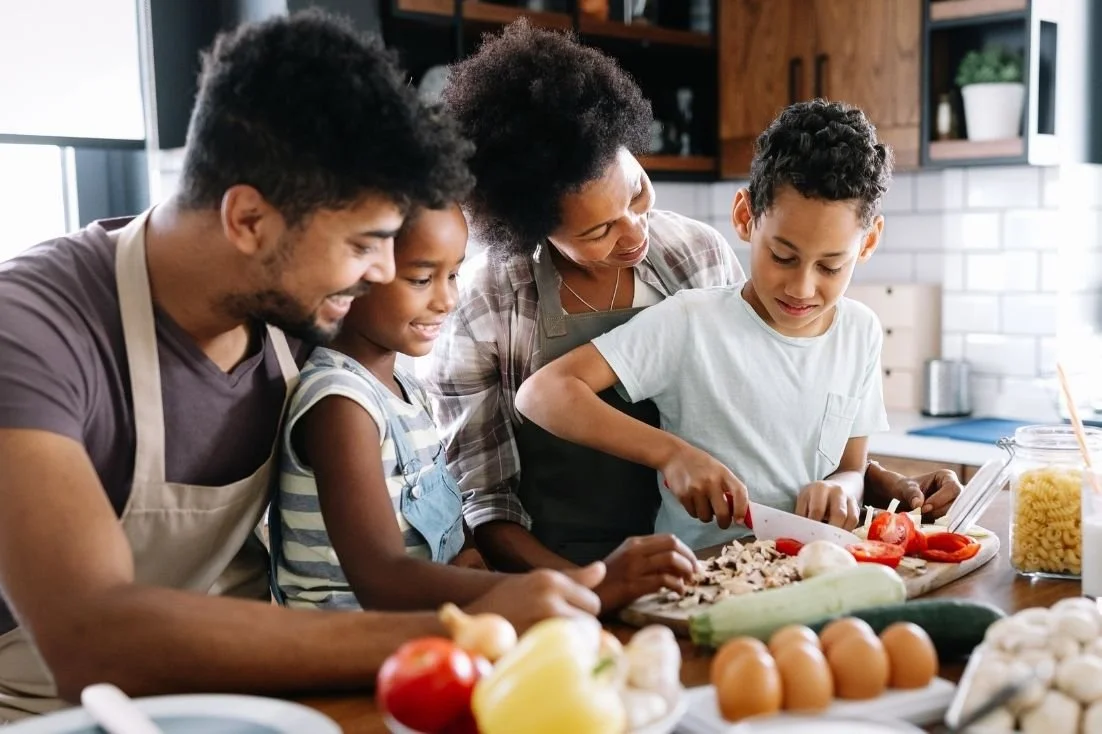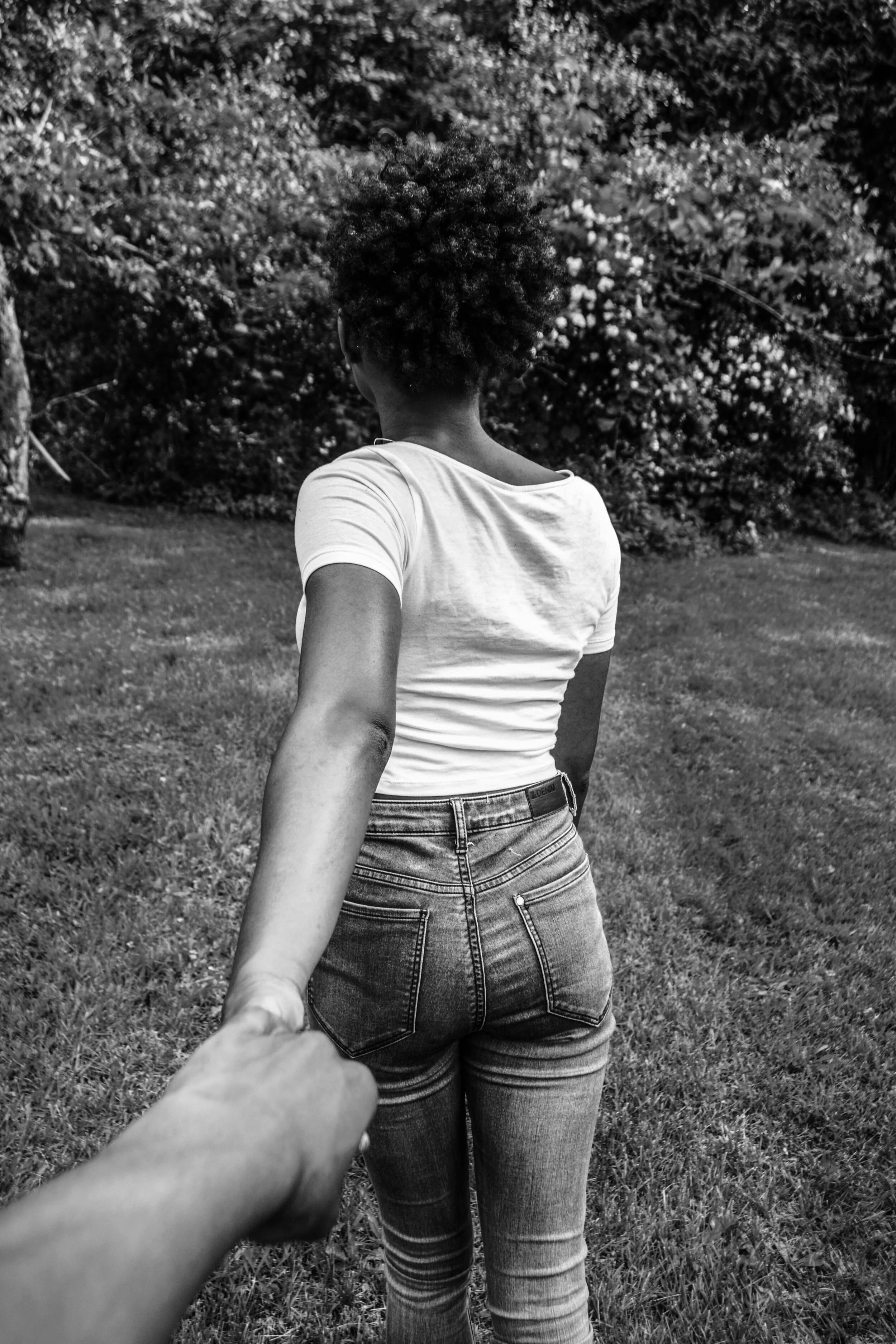My Abuser Was One of My Greatest Teachers
I now view my abusive ex-husband as one of my greatest teachers. From him, I learned many valuable lessons. Some of them took many years for me to grasp. I realized that I could no longer blame my imperfect parents, who were both abusive in different ways when I was growing up, for the poor decisions that I had made as an adult during my marriage. I make much better decisions now.
Here are just some of them, which I follow imperfectly. They may help you too.
1. I couldn’t get love by trying to be perfect. Human beings are not meant to be perfect and I could no longer hold myself to an impossible standard that I did not expect of others. Being subjected to hypercriticism for most of my marriage had severely eroded my self-esteem. I was married to a demanding narcissist who expected perfection of everyone except for himself. He blamed me for all of his mistakes and even his moods. I forgive myself for having been brainwashed into believing that I was “damaged goods”, his epithet for me. I no longer allow myself to be treated that way by anyone. I learn from my mistakes, make amends where it is appropriate, and forgive myself for being human. In the future, I will probably continue to make mistakes. I hope that they will be different ones. I now do the best I can, that is all I would ask of anyone else. Real love means accepting a person in spite of minor mistakes, flaws and foibles. I accept that he wasn’t capable of loving anyone except himself.
2. I couldn’t get love by doing things for others that compromise my needs or values. My needs matter and it is my responsibility to take care of them, which include respectful treatment, rest, exercise, friendships, family, and proper nutrition. I cannot expect others to read my mind, and I must express my needs and values if they are not being met.
3. I needed to set better boundaries with others. I have the right to say “no” to others, whether to family members, people who try to volunteer my time and efforts for something that they do not want to do themselves, or others. I have the right and obligation to say ‘yes” to making decisions that are right for me in spite of disagreement from others.
4. I must accept personal responsibility for the way that I allow people to treat me. If someone mistreats me, I must take it up directly with that person at the time the incident occurs to avoid further mistreatment. It is not productive to remain silent and complain about it to others afterwards. I remain calm and firmly point out the unwanted behavior as unacceptable. If I am to be treated with respect, I must treat others with respect as well. I assume good intentions and still point out objectionable behavior. It is helpful to the other person to know when their actions are detrimental to others. I remember that I make mistakes, too.
5. I learned that unless I loved and valued myself, nobody else would, either. I have the right to say “no” to unreasonable demands by people who I love without fear of losing their love. If they leave because I would not compromise my needs or values, I must accept that the love I feel for them is not returned and let that person go.
6. I had to assume responsibility for my all of my decisions, including whether to act or not act. There are consequences, good or bad, to everything that I do. Inaction is a decision that also has consequences. Anger is a message that my body gives me to inform me that something is wrong and needs to change. I do not let my anger control me and do not react out of fear. I decide how and when to respond, or if to respond at all. It may not be appropriate or safe for me to respond in the heat of the moment. I also accept that some things are not within my control and do the best I can at the time.
7. I no longer valued others’ opinions or judgments over my own. I may listen to someone else’s opinion, but I may choose to disagree with it. I do not need another person’s permission or approval to make choices that are appropriate for my life. I no longer let another person have that kind of power over me.
8.I had to assume responsibility for my own happiness and stop blaming others. I decide how to spend my time, who I spend it with, or if I need alone time. If I am bored, I get to choose the activity that I need to stay engaged with life. My happiness depends solely on how I feel about myself and how I am living my life. I do not expect other people to be responsible for anyone else’s happiness but their own.
You May Also Like
Rosemary Lombardy is a financial advisor with over 35 years of experience and domestic abuse survivor. She is the founder of Breaking Bonds, a free resource for abused women, and author of Breaking Bonds: How to Divorce and Abuser & Heal - A Survival Guide.











